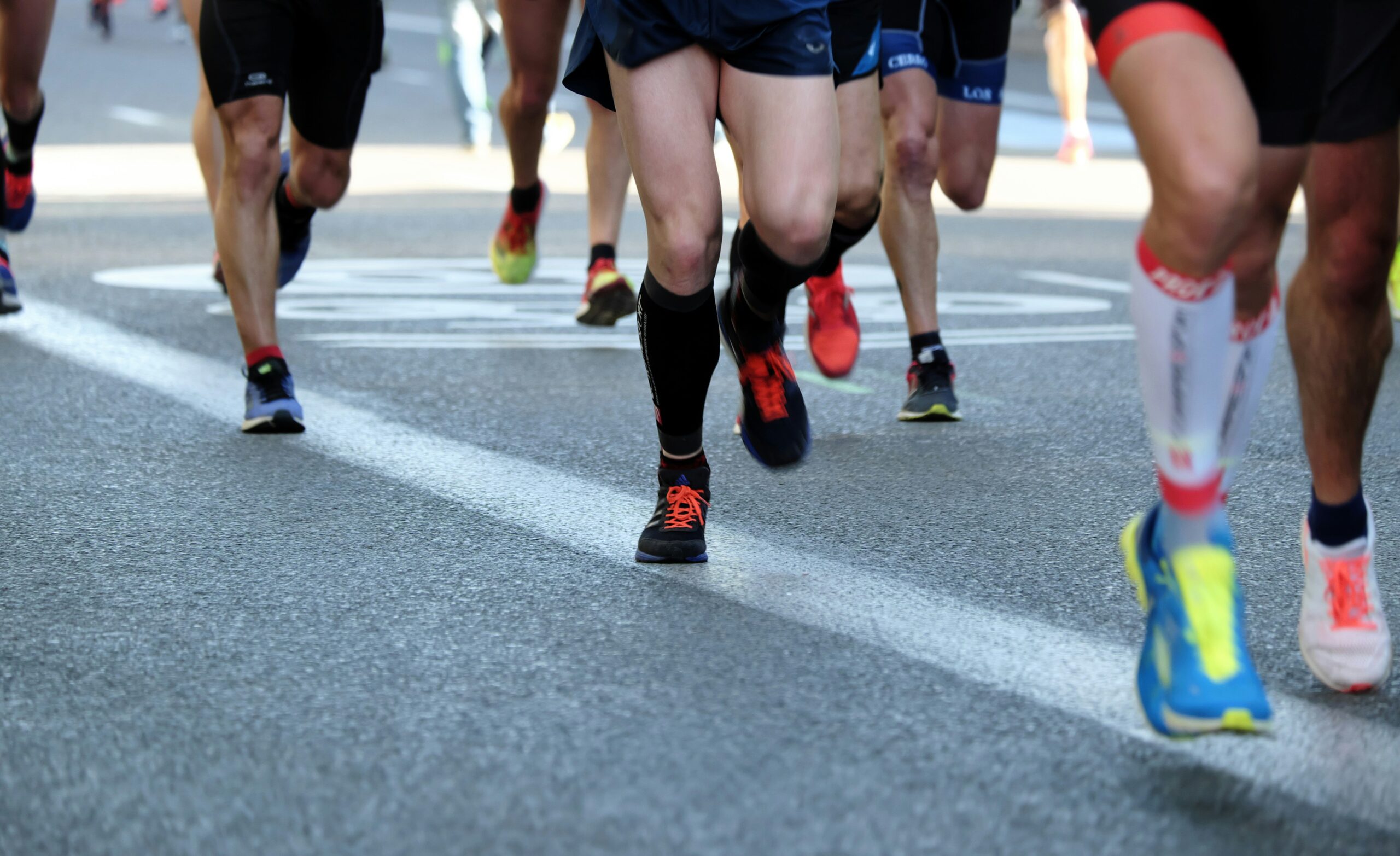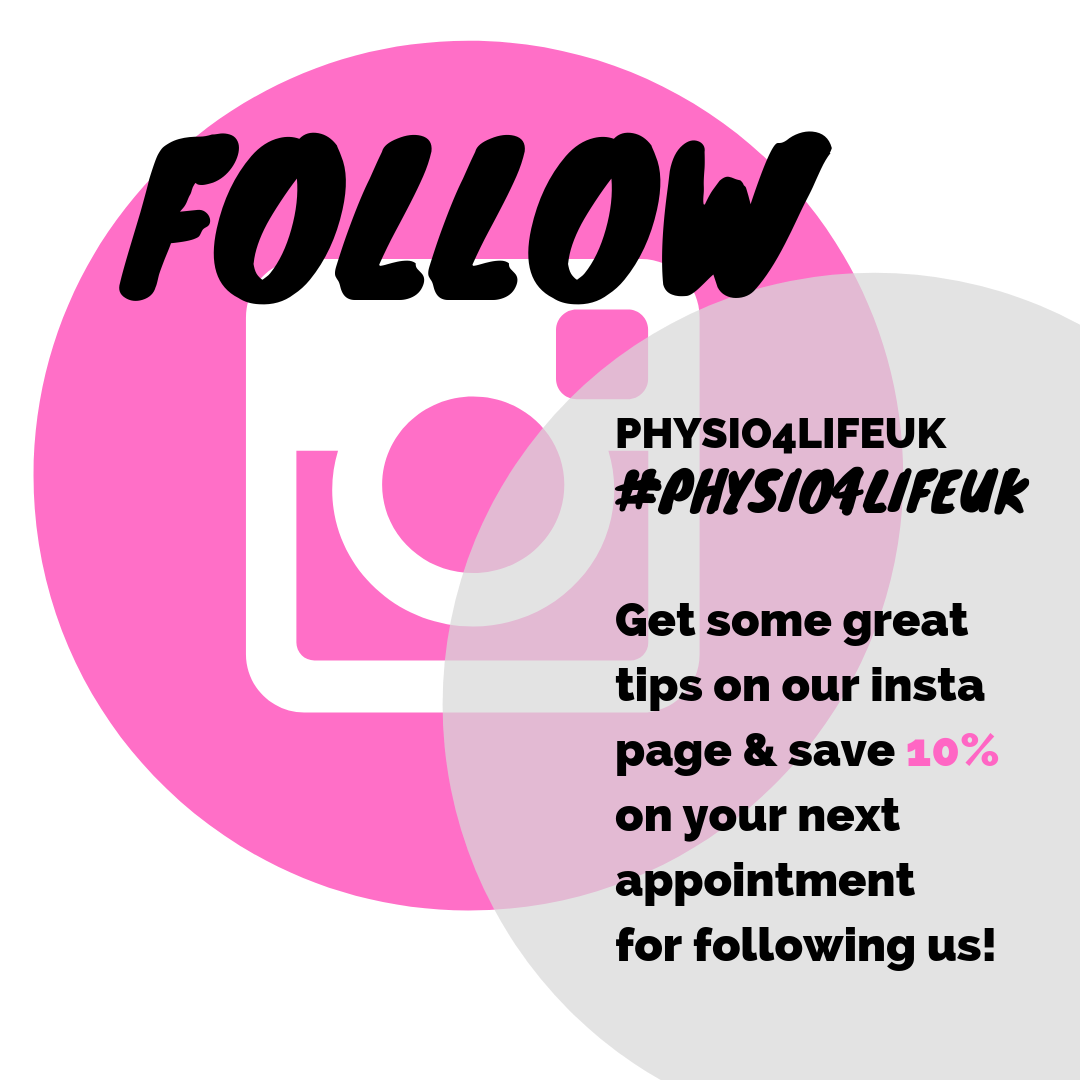
Enhancing Marathon Training with Bespoke Orthotics and Biomechanical Analysis
Marathon training requires a meticulous approach to enhance performance and prevent injuries. One crucial aspect of marathon preparation is the assessment of biomechanics and the use of bespoke orthotics.
In this blog, we will delve into how bespoke orthotics can benefit marathon training and explore the advantages of undergoing a biomechanical assessment and running analysis to improve performance.
The Role of Bespoke Orthotics in Marathon Training:
Bespoke orthotics are custom-made insoles designed to provide support, alignment, and cushioning to address specific biomechanical issues in the feet, ankles, and lower limbs.
Here are some ways bespoke orthotics can benefit marathon training:
- Correcting Foot Alignment: Bespoke orthotics can correct issues such as overpronation or supination, which can lead to improper foot alignment and increased risk of injuries during marathon training.
- Distributing Pressure: Orthotics help distribute pressure evenly across the foot, reducing the strain on specific areas and preventing discomfort or pain during long-distance running.
- Improving Stability: Custom-made orthotics provide stability and suppor to the arches and heels, enhancing overall foot function and minimizing the risk of overuse injuries.
- Enhancing Efficiency: By optimizing foot mechanics and alignment, bespoke orthotics can improve running efficiency, leading to better performance and reduced fatigue during marathon training.
Benefits of Biomechanical Assessment and Running Analysis:
A biomechanical assessment and running analysis involve evaluating the structure and function of the musculoskeletal system during movement to identify any biomechanical imbalances or inefficiencies.
Here are the benefits of undergoing a biomechanical assessment and running analysis for marathon training:
- Identifying Biomechanical Issues: A thorough assessment can pinpoint biomechanical issues such as gait abnormalities, muscle imbalances, or joint misalignments that may impact running efficiency and increase the risk of injuries.
- Customized Treatment Plan: Based on the assessment findings, a customized treatment plan can be developed, which may include recommendations for bespoke orthotics, strength training exercises, or gait retraining techniques to address specific biomechanical issues.
- Injury Prevention: By addressing underlying biomechanical issues and implementing corrective measures, runners can reduce the risk of overuse injuries, stress fractures, and other common running-related injuries during marathon training.
- Improving Performance: Optimizing biomechanics through a tailored treatment plan can lead to improved running efficiency, increased speed, and enhanced endurance, ultimately translating to better performance in marathon races.
Incorporating Bespoke Orthotics and Biomechanical Analysis into Marathon Training:
For marathon runners looking to optimize their training and performance, integrating bespoke orthotics and biomechanical analysis into their training regimen can be highly beneficial.
Here are some key steps to incorporate these elements into marathon training:
- Consultation with a Specialist: Seek professional guidance to undergo a biomechanical assessment and gait analysis.
- Custom Orthotic Fitting: Based on the assessment findings, have custom orthotics designed and fitted to address specific foot and lower limb issues.
- Implement Corrective Measures: Follow the recommendations provided in the treatment plan, which may include wearing orthotics during training, performing specific exercises to strengthen weak muscles, or adopting proper running techniques.
- Regular Follow-Up: Schedule follow-up appointments to monitor progress, make any necessary adjustments to the treatment plan, and ensure the orthotics are providing the desired support and alignment.
Bespoke orthotics and biomechanical analysis play a vital role in optimizing marathon training, enhancing performance, and preventing injuries. By addressing biomechanical issues, correcting foot alignment, and improving running efficiency, runners can experience improved comfort, stability, and speed during marathon training and races. Incorporating bespoke orthotics and biomechanical analysis into marathon preparation can help runners achieve their performance goals and enjoy a successful and injury free marathon experience.
Book in your Biomechanical Assessment today with one of our specialists here at Physio 4 Life, Putney.



